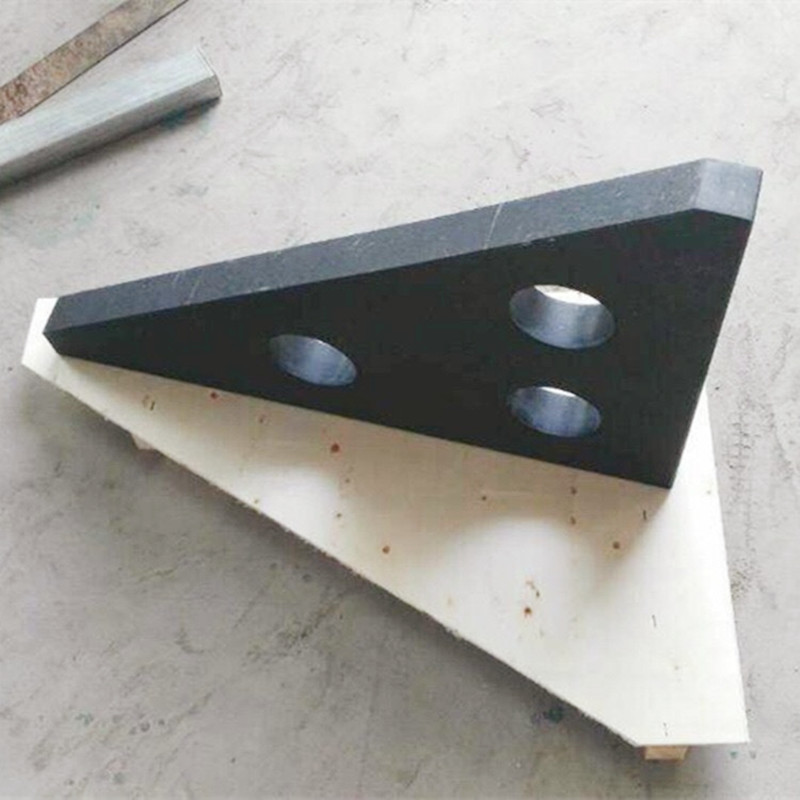Des . 12, 2024 14:56 Back to list
Standard Pin Gauge for Precision Measurement and Quality Control Applications
Understanding Standard Pin Gauges Essential Tools in Precision Measurement
In the realm of manufacturing and engineering, precision is key. Whether designing intricate components or ensuring that parts fit together seamlessly, the accuracy of measurements can significantly impact the performance of finished products. One crucial tool in achieving this precision is the standard pin gauge, a simple yet effective instrument used to measure the diameters of holes, as well as to check the size of various parts. This article explores the significance, types, applications, and benefits of standard pin gauges.
What is a Standard Pin Gauge?
Standard pin gauges are cylindrical pins made to specific diameters. They serve as a reference for measuring internal hole sizes and are commonly manufactured from high-strength materials, often stainless steel, to withstand wear and provide longevity. Their precise dimensions make them invaluable in quality control processes, particularly in industries where tight tolerances are crucial, such as aerospace, automotive, and manufacturing.
Types of Pin Gauges
There are generally two main types of pin gauges plain pin gauges and tapered pin gauges.
1. Plain Pin Gauges These are straight cylindrical pins of uniform diameter throughout their length. They are used for a variety of applications, primarily for checking the diameter of holes to ensure they meet specified tolerances.
2. Tapered Pin Gauges These feature a conical shape that allows for the detection of not just the size but also the contour of the hole. They can provide information about the taper or the angle of the hole, which is crucial in applications where precise alignments are necessary.
Pin gauges are typically available in sets that include various sizes according to the specific requirements of measurement. The sizes can be standardized according to ISO or ASTM standards, ensuring interoperability and consistency across different industries.
Applications of Pin Gauges
The applications of pin gauges are vast and varied
standard pin gauge

- Manufacturing In production environments, pin gauges are essential for verifying the dimensions of machined parts. They help ensure that components fit together harmoniously, which is particularly important in assembly lines. - Quality Control Pin gauges play a crucial role in quality assurance processes. Inspectors use them to assess the diameter of holes and ensure compliance with engineering specifications, thus maintaining the integrity of the production process.
- Tool and Die Making In the creation of tools and dies, pin gauges are used to measure accurate hole sizes, ensuring that the tools will function correctly in their intended applications.
- Maintenance and Repair In maintenance sectors, pin gauges assist technicians in diagnosing the wear and tear of components by measuring the size of existing holes and ensuring that they have not exceeded the allowable tolerances.
Benefits of Using Standard Pin Gauges
1. Precision The primary benefit of standard pin gauges is their accuracy. When machined correctly, they provide a reliable means of assessing hole sizes and can detect even the slightest deviations from specifications.
2. Simplicity The design of pin gauges is straightforward, making them easy to use. This simplicity allows operators to perform checks quickly and efficiently, reducing time spent on quality assurance.
3. Durability Made from robust materials, pin gauges can endure the rigors of industrial environments, maintaining their measurement accuracy over time.
4. Cost-Effectiveness Compared to sophisticated measuring devices, standard pin gauges are relatively inexpensive, making them accessible to a wide range of industries without compromising accuracy.
5. Versatility With a wide range of sizes available, pin gauges can cater to various measurement needs, making them suitable for different applications and materials.
Conclusion
Standard pin gauges are indispensable tools in precise measurement practices across various industries. Their ability to deliver accurate measurements quickly and reliably ensures that quality standards are met consistently. As industries continue to evolve and demand higher precision, the role of standard pin gauges will undoubtedly remain pivotal in manufacturing and engineering processes. Embracing these tools not only enhances product quality but also contributes to operational efficiency, underscoring their enduring significance in the world of precision engineering.
-
The Role of Cast Iron T Slot Plates in RoboticsNewsMay.12,2025
-
The Importance of Parallel Rulers in Mechanical EngineeringNewsMay.12,2025
-
Heavy-Duty Applications for Granite Surface Plate for SaleNewsMay.12,2025
-
Cast Iron Y Strainer: A Reliable Solution for Dirty FluidsNewsMay.12,2025
-
Boosting Workshop Productivity Using Granite BlocksNewsMay.12,2025
-
Water Control Valves: Essential Components for Fluid RegulationNewsMay.08,2025
Related PRODUCTS









